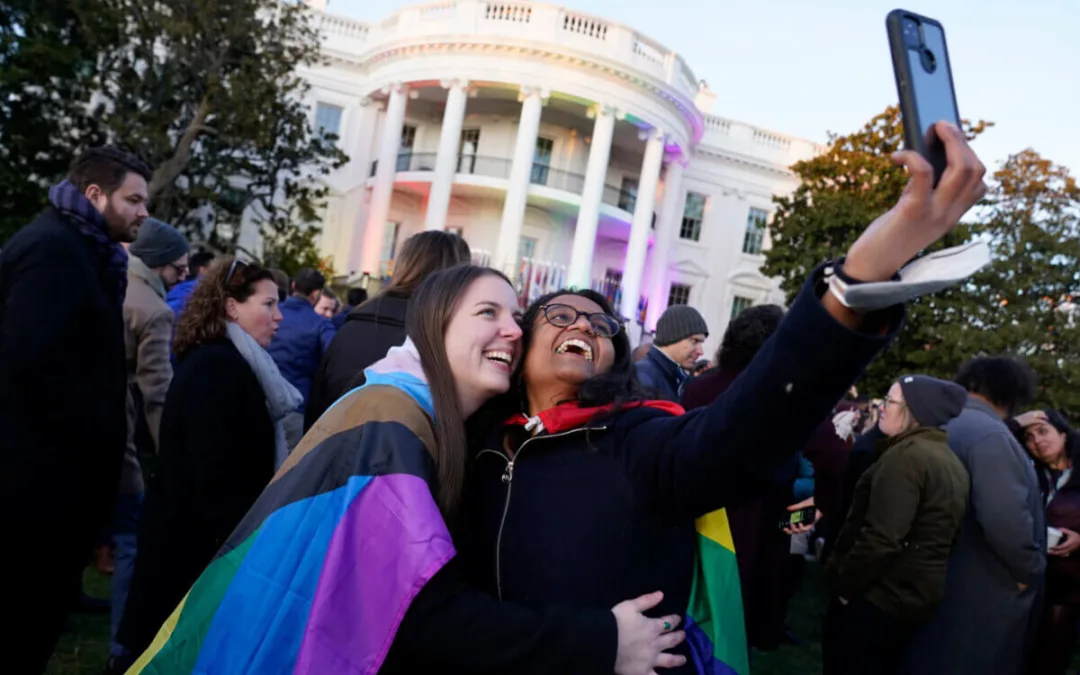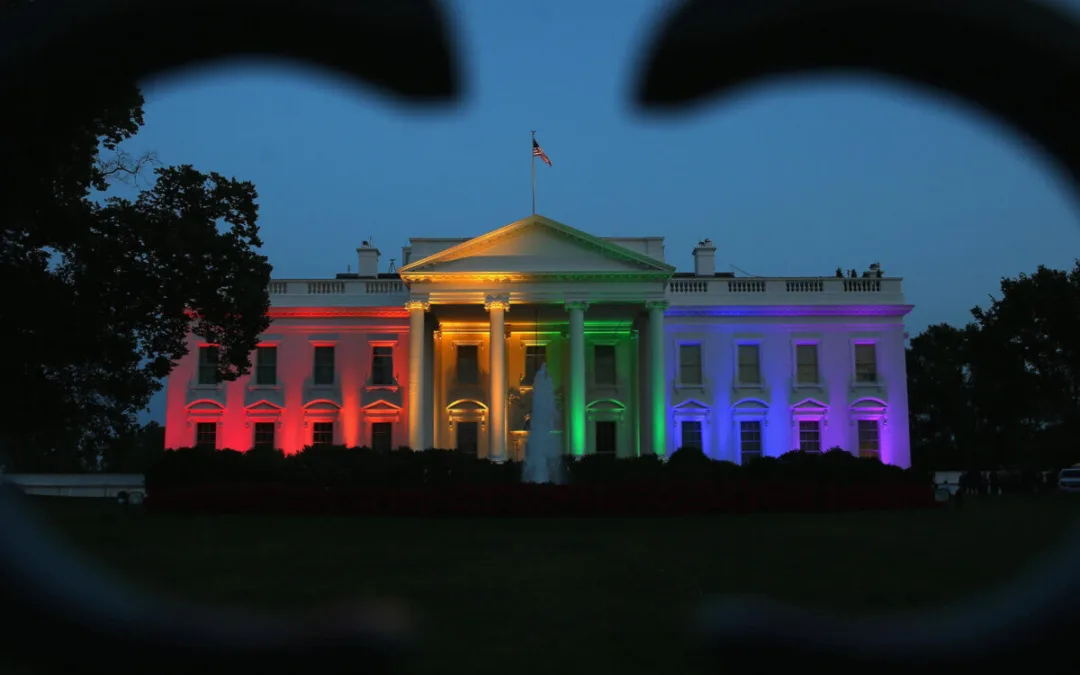
Image via Shutterstock.
An estimated 3,859 violent and property offenses are committed against LGBTQ persons in Miami-Dade annually. Fear keeps most victims from reporting the incidents.
FLORIDA—Sergio B. [a pseudonym] was having dinner at a popular Miami-Dade County Cuban restaurant when suddenly he heard the abhorred gay slur. It hit him like a slap in the face. One moment he was having a conversation with another patron; the next, he was being verbally and physically attacked by that same man for his differing political views.
“And the first thing that came out of his mouth was the ‘F’ word,” the Cuban American art historian told The Americano. “He kept calling me that word. It filled me with frustration to think that in 2020 some people still use a person’s sexual orientation as a weapon.”
RELATED: Gun Violence Against LGBTQ Community Gets Worse
Sergio called the police to report the incident. Unfortunately, his attacker had left by the time they arrived. But in reporting the incident, he acted differently from most LGBTQ victims of a hate crime in Miami-Dade County.
Crimes Underreported
Most Latino immigrants in the LGBTQ community who are attacked or harassed because of their sexual orientation or gender identity do not report the crimes to police, according to a Florida International University (FIU) study titled “Anti-LGBTQ Hate Crimes in Miami.” Instead, they choose to stay quiet out of fear, shame, or a lack of trust in the judicial system.
A collaborative effort between the Miami-Dade State Attorney’s Office, the Miami-Dade Police Department and SAVE Inc., the study—which took place over the course of three years—conducted interviews with 400 individuals from the Latino LGBTQ community.
These men and women had experienced what they perceived as a hate crime in Miami-Dade County, yet in 85% of the incidents, they did not report the crime to police.
“My biggest surprise was how little these crimes are reported,” Besiki Luka Kutateladze, the study’s author and an FIU criminology associate professor specializing in prosecutorial reform, told the Miami Herald.
Sociological, psychological, and cultural factors were some of the reasons given for not reporting the crimes. In some cases, for example, respondents had not come out to family or in the workplace. In another instance, one participant reported being physically attacked by police in his native country, which may explain his fear of reporting a similar crime in the US. Additionally, a person’s immigration status may also keep him or her from reporting the incident to the authorities, the report concluded.
RELATED: Trump Reverses Obama Protections for Trans People as Supreme Court Grants LGBTQ Job Protections
Other key research findings of the study showed the extent of the victimization suffered by members of the LGBTQ community in the populous South Florida county.
- An estimated 3,859 violent and property offenses are committed against LGBTQ persons in Miami annually.
- 30% of 400 victimized respondents interviewed experienced physical or sexual assault.
- 52% of physical assaults are perpetrated by non-strangers.
- 23% of victims had to change their housing because of the incident.
- Experiencing crimes involving the use of a weapon is the strongest predictor of forced relocation.
- 35 percent of reported incidents resulted in an arrest.
Gender Identity Is Not Protected
Most concerning, 23% of reported incidents resulted in prosecution, but not necessarily as a hate crime. This is due to the fact that gender identity is not covered by the Florida Hate Crime Law. In other words, if someone commits a crime because the victim is transgender, the perpetrator cannot be charged for a hate crime. In fact, according to the study’s author, many of the municipal police departments in Miami-Dade are “not progressive” on the issues that are vitally important to the LGBTQ community.
RELATED: RBG’s Passing Is a Monumental Loss for the LGBTQ Community
“Individuals may feel as though the criminal justice system will not support them,” said Miami-Dade State Attorney Katherine Fernández Rundle, adding that in many people’s eyes, “crimes that go unreported are crimes that did not happen, and that kind of victimization is utterly tragic.”
A Plan to Increase Training and Awareness
Following the study, which advocates for changes in the hate crime statutes and the establishment of a hate crime detection protocol for emergency dispatchers, patrol officers, police detectives and prosecutors, the Miami-Dade State Attorney’s office announced a new effort to protect South Florida’s LGBTQ community.
The plan includes the creation of a hate crimes task force with members of the LGBTQ community and other community leaders, and the possibility of increasing training of criminal justice practitioners and police to better identify hate crimes and understand the concerns of LGBTQ victims.
Politics

Teamsters and UPS Reach Tentative Deal to Avoid Strike, 340,000 Workers to Get Raises
The tentative deal represents a huge win for full- and part-time UPS Teamster workers, who would get significant pay raises and better working...



One Republican Senator Is Blocking 265 Military Promotions, Leaving the Marines Without a Confirmed Leader
Sen. Tommy Tuberville's decision means these military officers are not getting the pay raises they’re owed, cannot move their families to wherever...
Local News



Teamsters and UPS Reach Tentative Deal to Avoid Strike, 340,000 Workers to Get Raises
The tentative deal represents a huge win for full- and part-time UPS Teamster workers, who would get significant pay raises and better working...



One Republican Senator Is Blocking 265 Military Promotions, Leaving the Marines Without a Confirmed Leader
Sen. Tommy Tuberville's decision means these military officers are not getting the pay raises they’re owed, cannot move their families to wherever...




